Keywords: Poem
There are more than 200 results, only the first 200 are displayed here.
-
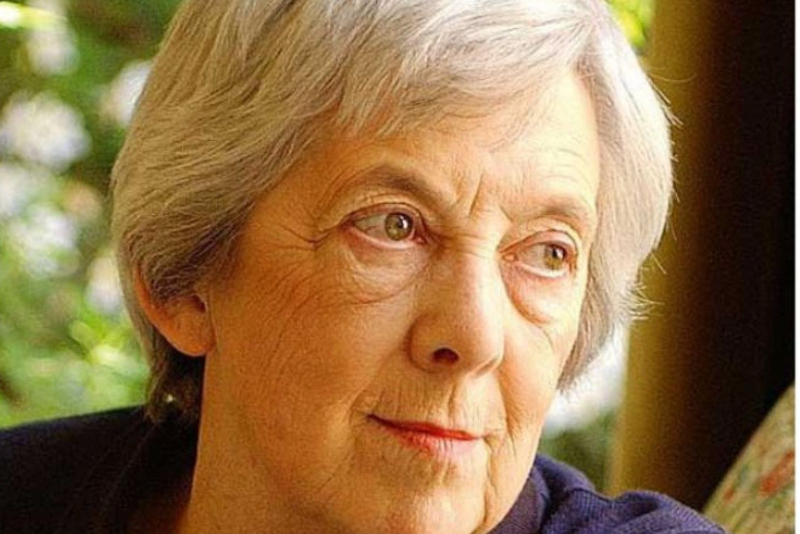
ARTS AND CULTURE
- Andrew Hamilton
- 28 April 2022
4 Comments
The quality of Niall’s writing is evident in An Accidental Career, though easily unnoticed. It lies in the clarity of her thought, her exact choice of words, the alternation of anecdote and reflection and the self-effacement that creates a direct link between the reader and the work itself. Her writing has the rare gift of simplicity. The precision of the title is characteristic of the book as a whole.
READ MORE 
-
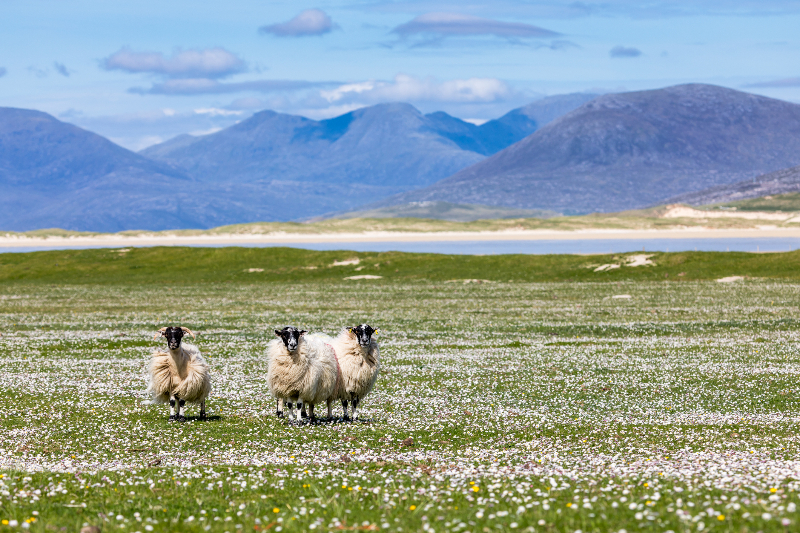
ARTS AND CULTURE
- Lorraine Gibson
- 15 February 2022
Fellow traveller, I urge you / do not simply skirt the margins: / stride out across the machair, touch / freedom’s fruitful fabric. / By all means mosey / around the material: But, / for the love of God, always / digress, digress, digress.
READ MORE 
-
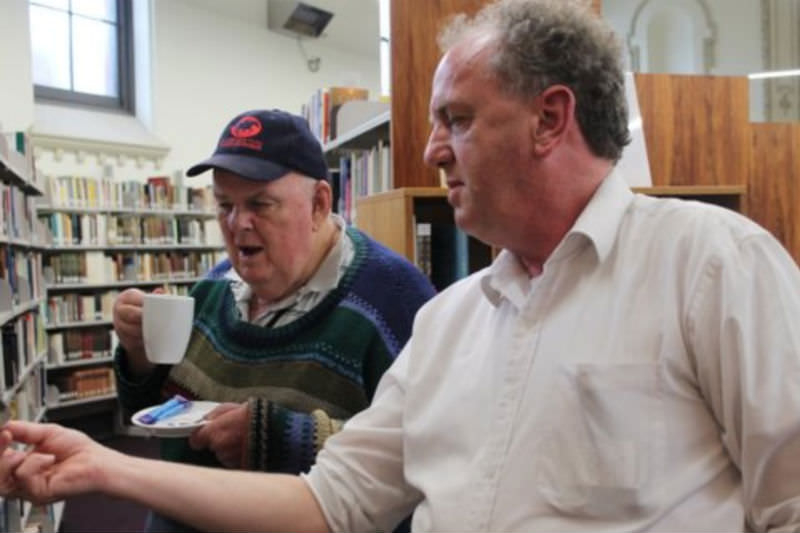
ARTS AND CULTURE
- Andrew Hamilton
- 14 February 2022
6 Comments
Philip Harvey has been poetry editor of Eureka Street since its early days. Now he has decided that it is time for him to step down from his position in favour of a younger editor. I appreciate the thoughtfulness and generosity of his decision though I feel deeply his loss to us. And I am grateful to him all that he has given to Eureka Street of his skills and of himself, all on an almost honorary basis.
READ MORE 
-

ARTS AND CULTURE
- Philip Harvey
- 02 February 2022
3 Comments
I was invited to read the poetry at Eureka Street by Morag Fraser, sometime in the mists. She shouted me coffee at the Chinese place across Victoria Street from the magazine’s Richmond offices. That was nearly twenty years ago. As we crunched on fortune cookies, she popped the question. I’ve been editing poetry at Eureka Street ever since and have only chosen to let go of the job this summer.
READ MORE 
-

ECONOMICS
- David James
- 31 January 2022
5 Comments
There is a great deal of commentary about the growing importance of artificial intelligence, or AI, especially in business circles. To some extent this is a self-fulfilling prophecy — if people think something will have a seminal effect then it probably will. But if the supposed commercial benefits are significant, the dangers are potentially enormous.
READ MORE 
-
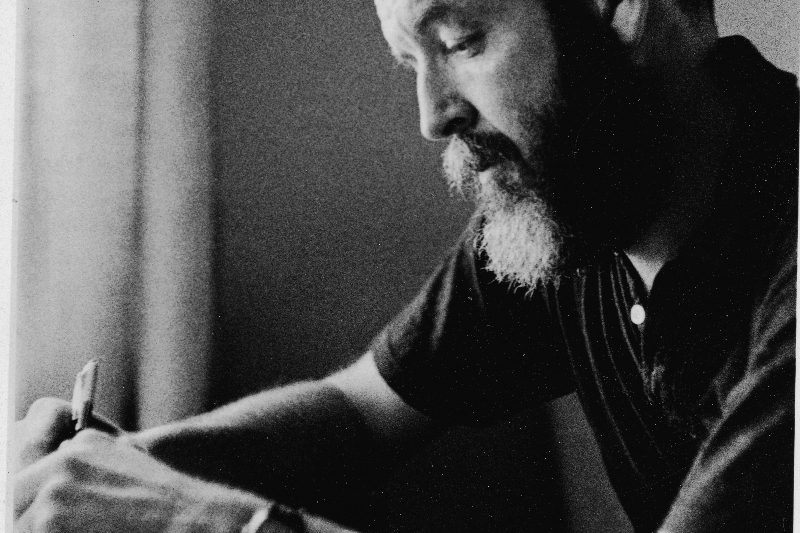
ARTS AND CULTURE
- Philip Harvey
- 04 November 2021
10 Comments
Although I teach poetry and do occasional workshops, the following is written in response to one such workshopper, new to writing poetry, who in lockdown would message me on social media with fairly open-ended questions about poetry. My answers are written after the wry manner of the Polish poet Wislawa Szymborska; wry, but generally helpful. They are not the launch pad for a new poetics. I have stopped for now at 12 questions, but the questions keep rolling in.
READ MORE 
-
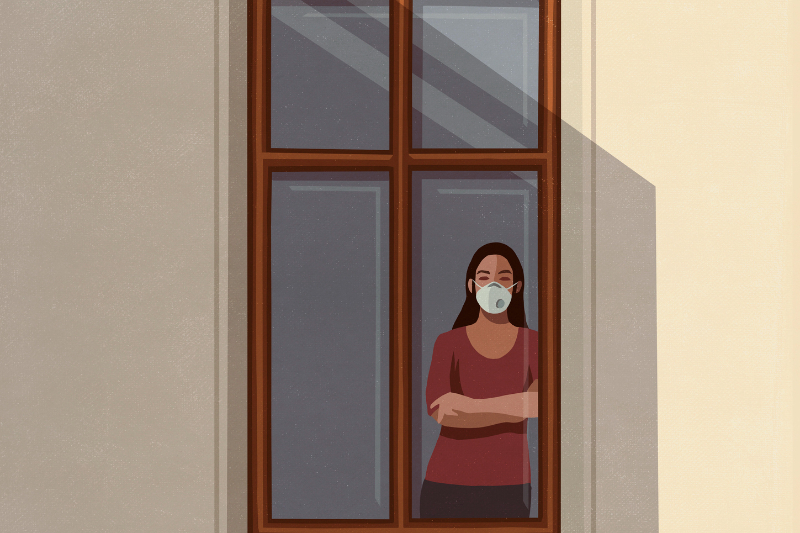
ARTS AND CULTURE
- Jennifer Gribble
- 14 October 2021
8 Comments
Well before the pandemic, the future for poetry’s slim volumes was looking far from healthy. Last November, the threatened closure of UWA Press, one of the largest publishers of poetry in Australia, drew attention to the narrowing opportunities for emerging poets to make their mark.
READ MORE 
-

ARTS AND CULTURE
- Barry Gittins
- 11 October 2021
4 Comments
I have decided to observe October as a month to observe other people observing things. For me, there was a sense of self crumbling under the weight of being house arrested for the good of all. Gravitas, like gravity, can be crushing; I knew I needed a break from howling at the Moon (16 October is the ‘international observe the Moon night’). So to the calendar I turned.
READ MORE 
-

ARTS AND CULTURE
- John Allison
- 17 August 2021
From my third-floor hotel balcony I could reach out almost to touch the mountain. It seems such a good neighbour. When I walk out by the Li River, the mountain follows me, shadowing my footsteps. I watch the river-boats working their ways across the current towards night-moorings, the fisherman homeward-bound with his cormorants.
READ MORE 
-
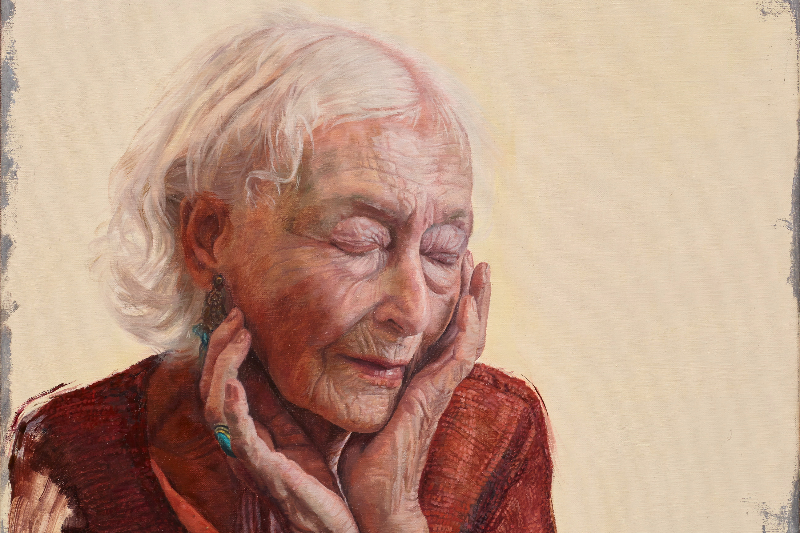
ARTS AND CULTURE
- Diane Fahey
- 02 August 2021
2 Comments
I'm standing before the portrait of a woman with closed eyes, her hands delicately cupping, almost, her tilted head. In her face, in her composure, a flower-like serenity that speaks of care, reverence.
READ MORE 
-
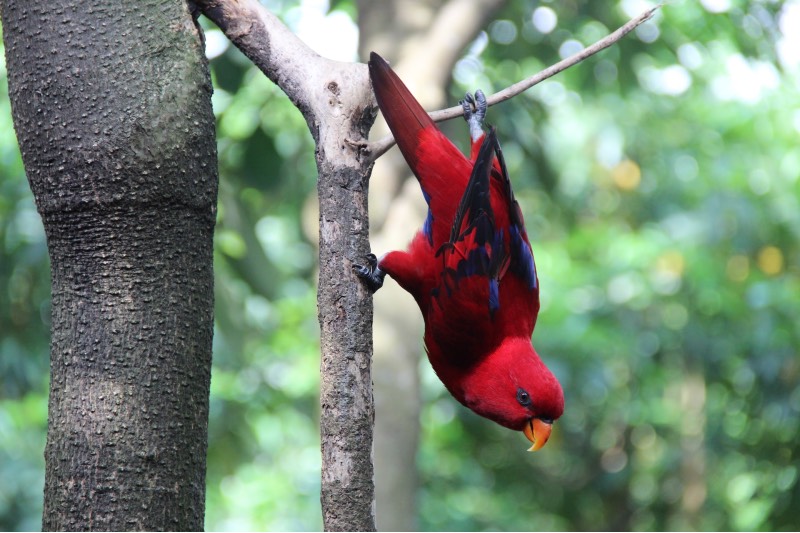
ARTS AND CULTURE
- P. S. Cottier
- 27 April 2021
6 Comments
The female is mostly red, a painted nail crimson. The male a fervent green. That the female is gaudier has caused experts experty angst.
READ MORE 
-
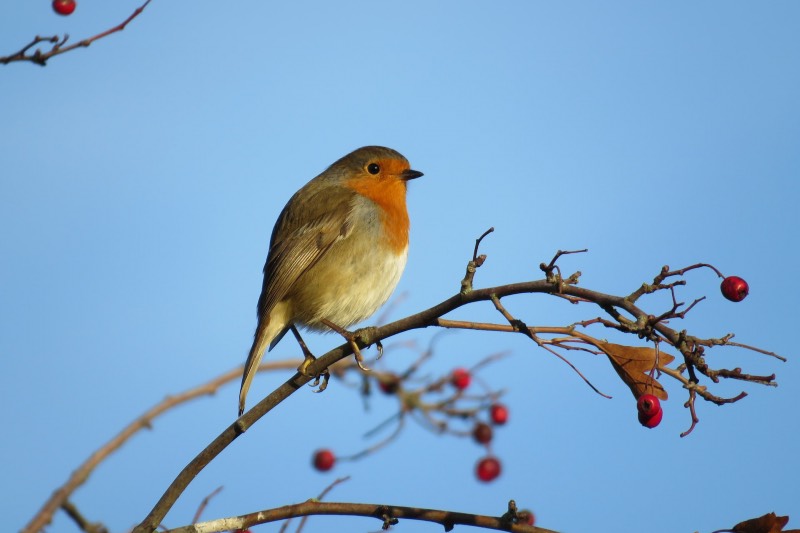
ARTS AND CULTURE
- Earl Livings
- 30 March 2021
2 Comments
Bird darts every day sometimes twice to the high bath. Perches, hops around the rim. Snaps its gaze side to side, up, down, behind. Calls out, sharp, insistent.
READ MORE 